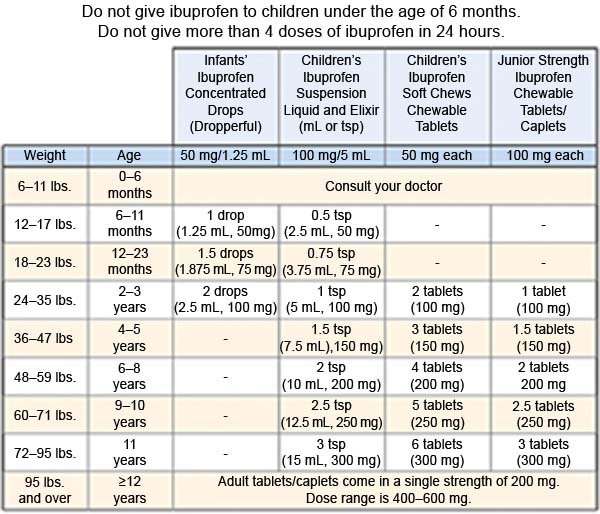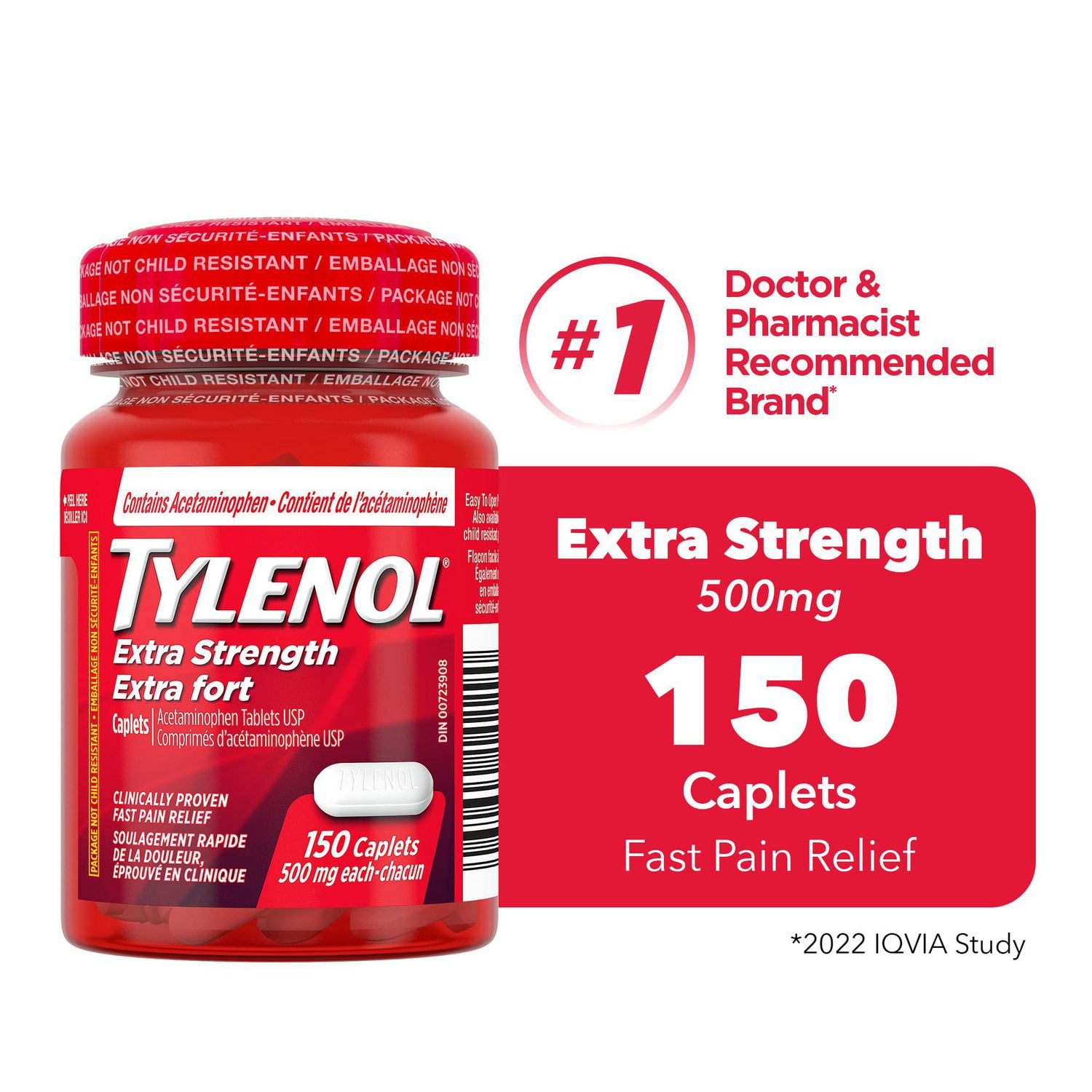

If you’re not already a label reader, it’s time to become one. Since sulfonylureas can potentially lead to low blood sugar anyway, ibuprofen might compound the effect. Research suggests that people who are receiving treatment with sulfonylureas, which is used to stimulate the beta cells in your pancreas to release more insulin, might be at increased risk for hypoglycemia. Hypoglycemia may also be a concern for people with type 2 diabetes.

A large retrospective study published in 2014 found that people with type 2 diabetes who took NSAIDs for at least 90 days were more likely to develop chronic kidney disease than people who didn’t take any NSAIDs. You may also need to steer clear of ibuprofen if you have kidney disease. But that study was conducted with animals, and more research is needed. One 2017 study suggested that they actually interacted “synergistically” and that lower doses of ibuprofen would be adequate for a person already taking metformin to get the pain relief they needed. Some research suggests that metformin may interact with ibuprofen and other analgesics. It also has some anti-inflammatory effects. Metformin lowers the amount of glucose that your liver makes and the amount of glucose that you absorb from the food you eat. Metformin belongs to a class of drugs known as biguanides. Many people with type 2 diabetes take metformin to help them control their blood sugar levels. There are few factors that you should consider if you have type 2 diabetes and are wondering if it’s okay to take a couple of ibuprofen for your headache, backache, or fever. Being sick can make your levels fluctuate more than usual. Your doctor may also recommend that you check your blood glucose levels with your blood glucose monitor frequently if you’re sick and taking any medication. While it’s not typically an issue, if you’re already predisposed to developing hypoglycemia, you might want to consult your doctor about when it might be appropriate to use ibuprofen and in what dosage amount. NSAIDs like ibuprofen have a hypoglycemic effect when given in large doses. HypoglycemiaĪnother concern to consider if you have type 1 diabetes is hypoglycemia.
#TYLENOL AND IBUPROFEN SIDE EFFECTS PROFESSIONAL#
Talk with a medical professional about whether ibuprofen is safe for you to take occasionally. Meanwhile, taking OTC drugs like ibuprofen for a long period of time or in high doses can also lead to kidney damage. If you develop chronic kidney disease, your kidneys can no longer filter substances out of your blood at a normal rate. Over time, uncontrolled blood sugar levels can damage the kidneys. This means that people with type 1 can live with diabetes throughout the course of their lives. The peak age for diagnosis with type 1 diabetes is about 13 or 14, according to the Centers for Disease Control and Prevention (CDC). Regardless of what type of diabetes you have, if you have kidney disease, your doctor is likely to recommend that you avoid taking ibuprofen. Your kidney health may actually be one of the biggest factors in helping you decide what anti-inflammatory meds to take.

All medicines are strictly regulated to ensure they comply with local healthcare authority requirements.Is it safe for people with diabetes to take ibuprofen? Our ibuprofen products are effectively used by millions of consumers across 40 markets and have been available as over-the-counter medicines for more than 35 years. Ibuprofen is a well-established medicine that has been used safely for many years as a fever and pain reducer. Based on currently available information, The World Health Organization (WHO) does not recommend against the use of ibuprofen, and the Centers for Disease Control and Prevention (CDC) is currently not aware of scientific evidence establishing a link between NSAIDs (e.g., ibuprofen) and worsening of COVID 19.Ĭonsumer safety is our number one priority. No, ibuprofen does not increase your risk of getting coronavirus (COVID-19).Īs a leader in the OTC pain category, GSK Consumer Healthcare is committed to consumer safety, and we are constantly re-evaluating the rapidly evolving COVID-19 situation alongside public health authorities.


 0 kommentar(er)
0 kommentar(er)
